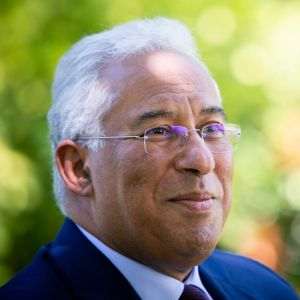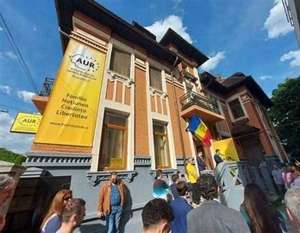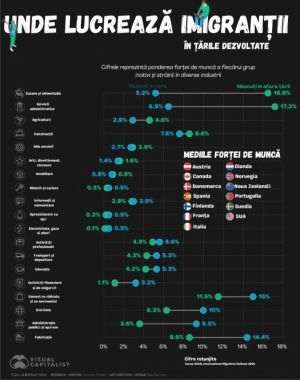The Polish government will extend the electricity price cap for household consumers for the first nine months of 2025, Reuters reports.
"Electricity prices will not increase in 2025. We will freeze them for nine months," Prime Minister Donald Tusk said before a meeting of the Council of Ministers, adding: "It may not be necessary to extend the electricity price freeze and, if so, we will decide."
The government said the current electricity price for household consumers in Poland of 500 zlotys ($122.14) per Megawatt-hour will be maintained, Agerpres notes.
Poland introduced an electricity price cap for vulnerable customers in 2022 to mitigate the impact of rising energy prices, and is paying compensation to energy companies to cover the costs. The maximum level of payments to maintain the electricity price cap is 5.456 billion zlotys ($1.33 billion), the Warsaw government said.
The electricity price freeze has helped reduce inflation. Following the extension of the cap, the annual inflation rate could reach 4.3% in 2025, and without this measure it would accelerate to 5.6%, according to estimates by the National Bank of Poland (NBP). The institution estimates that the inflation rate this year is 3.7%.
Last week, Hungarian Prime Minister Viktor Orban said that the European Union must rethink its sanctions imposed on Russia, because these sanctions keep energy prices at a high level, which affects the economic competitiveness of the community bloc. "Energy prices must be reduced by any means. This means that sanctions need to be reconsidered because, under the current sanctions policy, energy prices will not go down," Viktor Orban said in an interview with Hungarian public radio.
Orban said that American companies pay a quarter of what European companies pay for gas and electricity, a disadvantage that cannot be countered by other means.
Since the start of the Russian invasion of Ukraine in 2022, Orban has become one of the most vocal critics of the sanctions imposed on Moscow by the European Union, as well as of the financial and military support offered by the community bloc to Ukraine.
While Western European countries have made serious efforts to no longer be dependent on Russian energy, Hungary obtains between 80 and 85% of its natural gas needs from Russia, a country that also supplies it with 80% of its oil needs.
Poland, the largest economy in Central and Eastern Europe (CEE), is set to grow by 3.5% next year, the IMF predicts, while officials in Warsaw expect an expansion of 3.9% in 2025, compared to a 3.1% level estimated in 2024.





























































